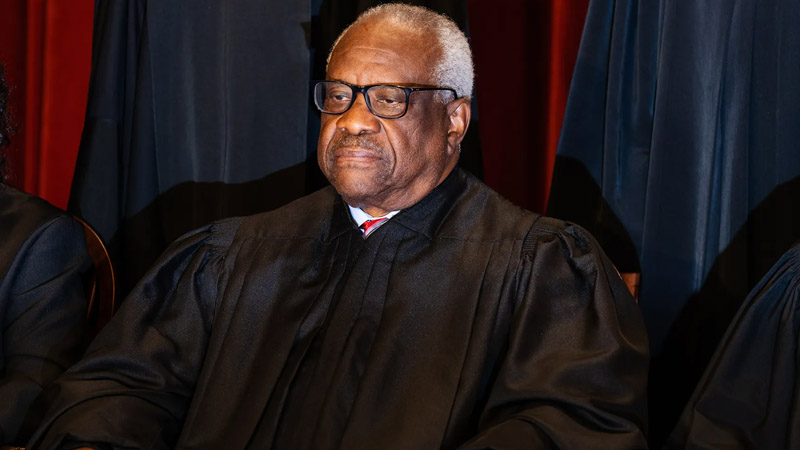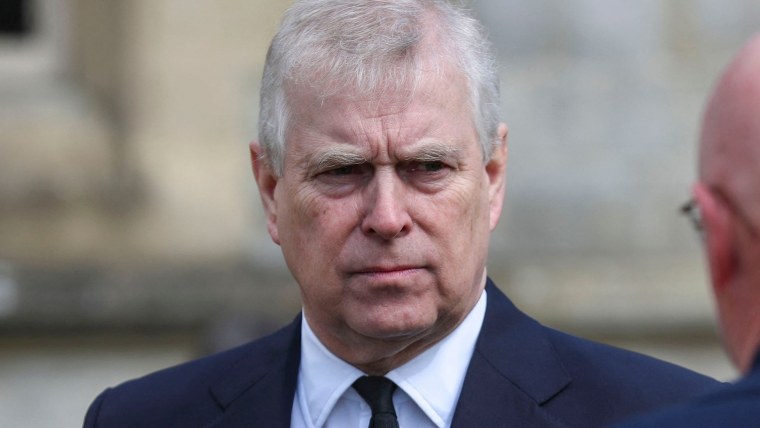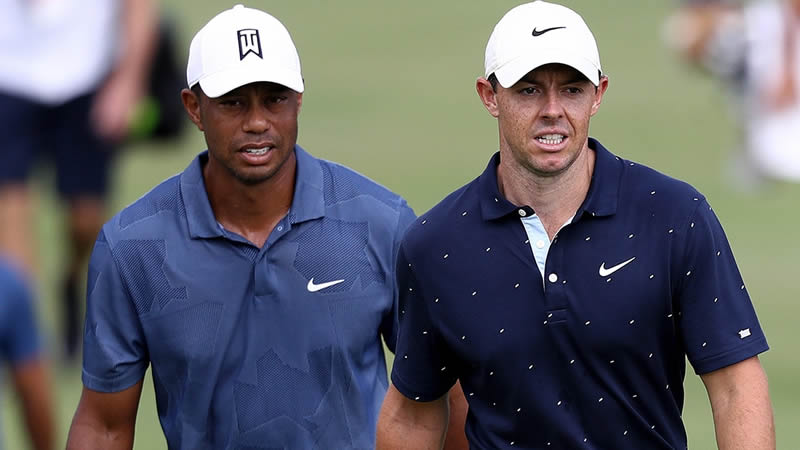“Clarence Thomas Has an Emotional Support Billionaire”: Justice Faces More Scrutiny Over Undisclosed Gifts

BLOOMBERG/GETTY IMAGES
Supreme Court Justice Clarence Thomas is under fire again for failing to disclose additional gifts from Republican megadonor Harlan Crow. The revelation, part of a Senate Judiciary Committee report, has reignited criticism of the Court’s ethics standards and spurred renewed calls for stricter oversight.
The report highlights two undisclosed trips Thomas took on Crow’s private jet, despite previously amending his financial disclosures to include other trips. Crow, in a statement to the Associated Press, said he had cooperated fully with the investigation and provided all requested information.
Justice Thomas is not alone in facing scrutiny. The report also detailed trips accepted by Justice Samuel Alito from billionaire Paul Singer, adding to the growing concerns over the justices’ relationships with wealthy benefactors.
Legal analyst and NYU law professor Melissa Murray took aim at Thomas during an MSNBC interview with Alicia Menendez, calling his behavior “Clarence Thomas Clarence-Thomasing” again. “This is a man who apparently has an emotional support billionaire, and the rest of the country just has to be okay with it,” she remarked.

Murray emphasized that the ongoing attention to these ethical lapses is beginning to have an impact. “The failure to disclose these gifts, the fact that the justices enjoy quite cozy relationships with individuals who appear before the court and have business before the court, is making an impact,” she said.
Citing a report from the watchdog group Accountable.us, Murray pointed to a recent case involving Justice Neil Gorsuch. The report revealed Gorsuch’s ties to a company board member involved in a case before the Court. Gorsuch ultimately recused himself, a move Murray said demonstrates that the justices are aware of heightened public scrutiny.
Gabe Roth, who leads the organization Fix the Court, argued that these revelations underscore a systemic issue. “I think it has finally put the nail in the coffin in this idea that the Supreme Court can police itself,” Roth told MSNBC.
While the justices insist on maintaining their independence, critics say the series of ethical controversies—from undisclosed trips to close ties with influential figures—highlights the urgent need for an enforceable code of conduct. The ongoing debate reflects growing public and legislative pressure to ensure transparency and accountability at the highest levels of the judiciary.


